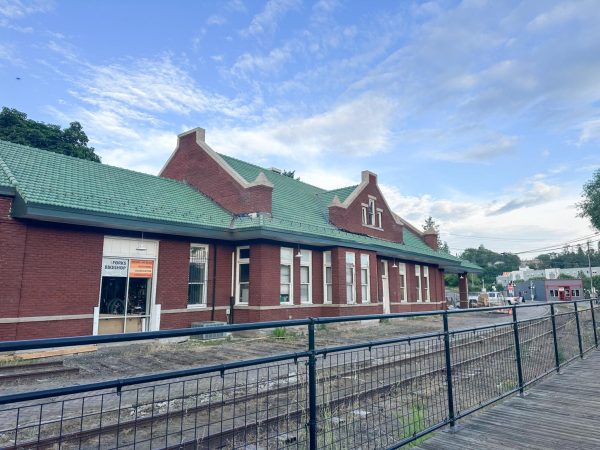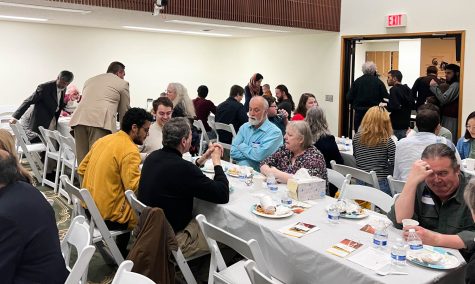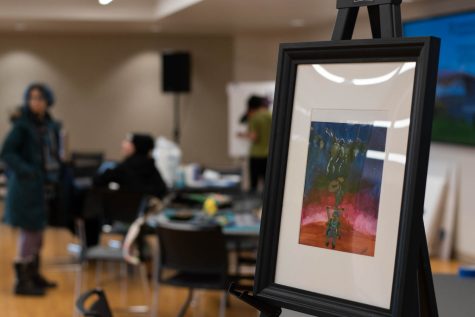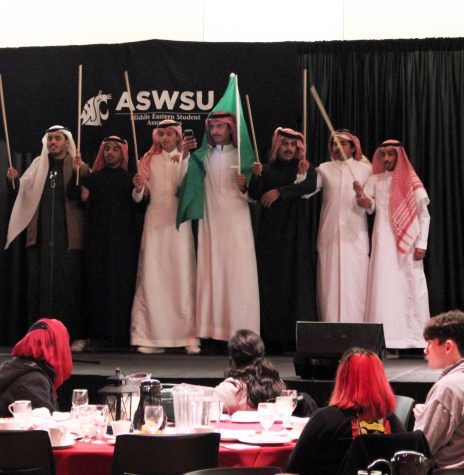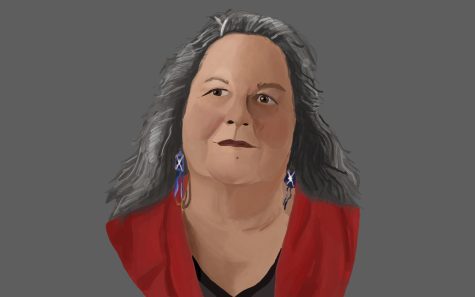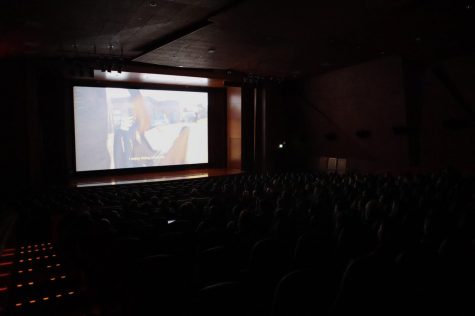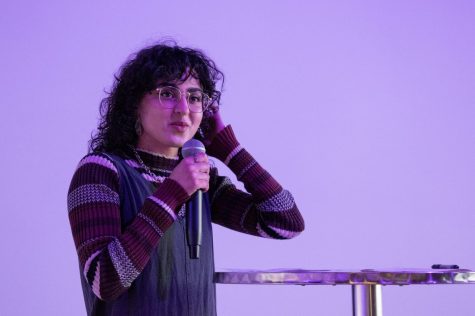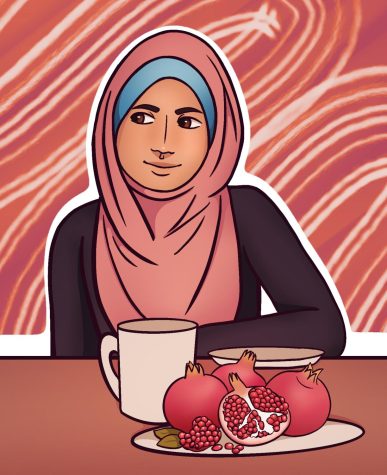Lewiston group simulates poverty
November 16, 2016
{{tncms-asset app=”editorial” id=”4b265170-abb1-11e6-ba49-cfc7f323f223″}}
As part of Poverty Awareness Week, the Center for Civic Engagement (CCE) organized a poverty simulation for the community to gain a better understanding of those living below the poverty line.
Lewiston’s Community Action Partnership sends out a team of trained staff when organizations request them, occasionally running back-to-back. Giving people a new perspective on poverty in their community is the main goal, said Martie Beck, education specialist with the Community Action Partnership.
The simulation mimicked the lives of those living in poverty for approximately four weeks. Each “week” lasted about 12 minutes, with three-minute breaks between each week, Beck said.
Participants were divided up into family groups and had to work together in order to solve weekly crises and live through daily struggles. Each group was given a packet that revealed their family history and resources, such as member’s employment situation, criminal record and the family’s transportation resources.
Tables around the room served as the businesses and resources each family might need throughout the week. Those without jobs reported to an employment center, in which they filled out mock job applications.
Children older than 5-years-old attended school, in which they did “homework,” while employed caretakers spent about four minutes at “work.” One group managed to pawn their social security number at the pawn shop to gain a little extra money for that week.
Fate cards were handed out each week to portray unexpected emergencies that arise in daily life. Some participants went to jail for robbery or experienced mental breakdowns, placing a burden on the rest of the family members.
Many could not find the resources to buy groceries, and lights were turned off by the third week, as only one group managed to pay utilities. Eventually, some families were evicted by having their chairs turned upside down and forcing them to sit on the floor.
Modeled after actual circumstances, the crises each group faced mimicked the struggles of real families living below the poverty line, providing participants insight into a normally unseen struggle. The simulation often creates frustration for participants as they really take on their role, Beck said. Sometimes people have trouble realizing this represents the reality of poverty.
After the simulation ended, the participants met in a large circle to discuss their thoughts and experiences during the simulation. Both WSU students and community members discussed the implications of these situations and even proposed solutions to the issues.
Daja Sawyer, a senior majoring in psychology, came to gain a better understanding of poverty from a sociological perspective. Although she found the actual simulation stressful, she said she gained a better understanding of poverty through seeing it applied in a simulation.
“One week I got evicted and fired, then my simulation wife was mad at me because my ex-girlfriend showed up,” Sawyer said. “It really showed how one event can spiral into another, and you just feel trapped.”
Poverty Awareness Week takes place every year during the week before Thanksgiving to raise awareness of poverty through food drives, open discussions, and poverty simulations. WSU students can get involved by contacting CCE or signing up on CougSync.







